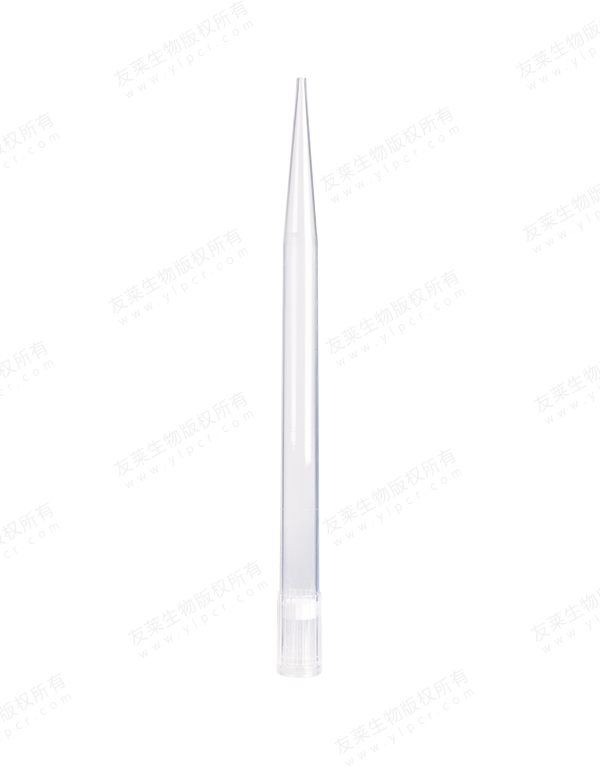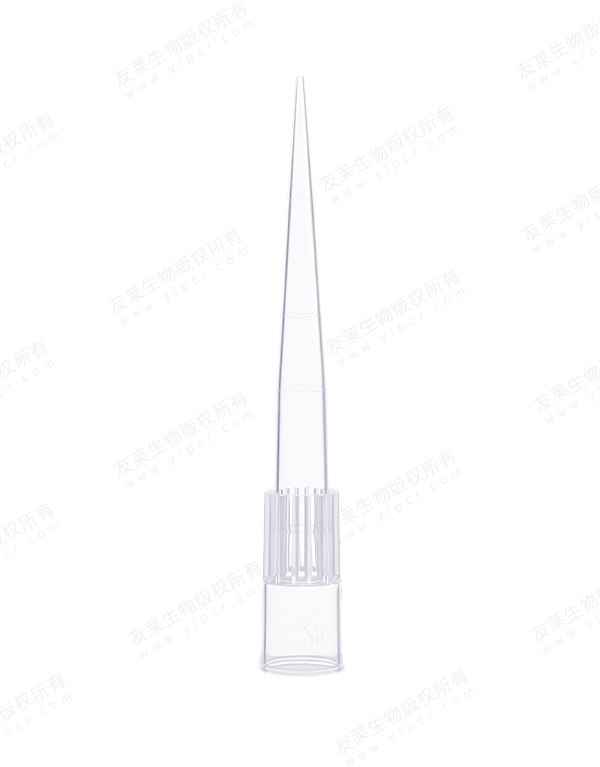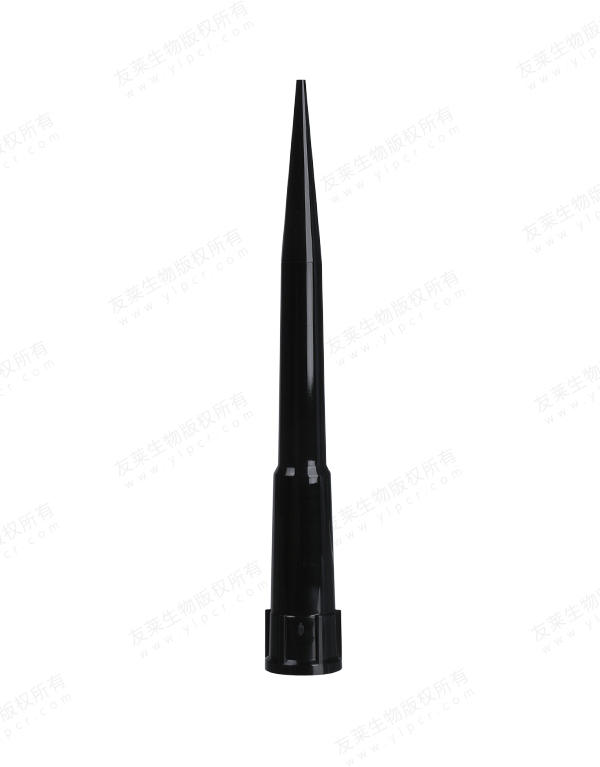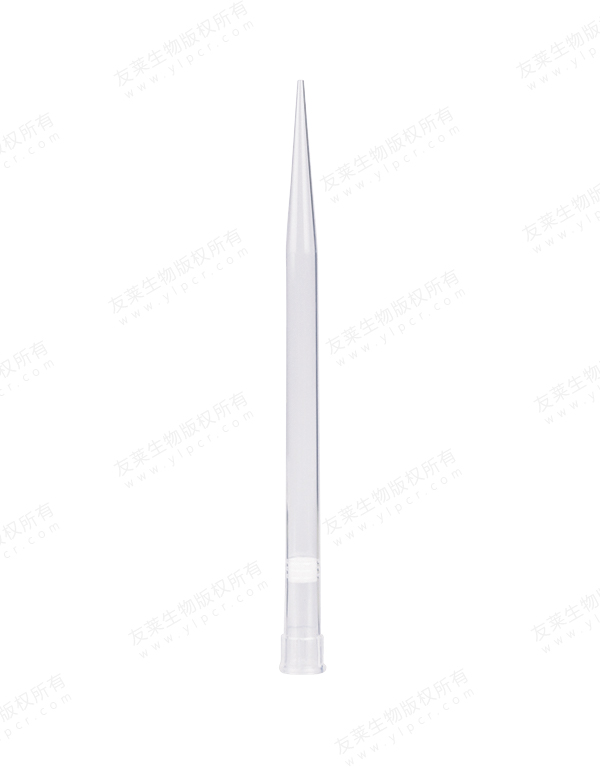PCR (Polymerase Chain Reaction) tubes are small, cylindrical tubes made of materials such as polypropylene or similar plastics. They are widely used in molecular biology and genetics research for various applications related to DNA amplification and analysis. The primary purpose of PCR tubes is to provide a controlled and sterile environment for conducting PCR reactions. Here's a more detailed explanation of their purpose:
DNA Amplification: PCR tubes are used to perform PCR, a technique that allows scientists to amplify a specific segment of DNA. This is crucial in various molecular biology and genetics applications, including DNA sequencing, genotyping, cloning, and genetic testing.
Thermal Cycling: PCR involves a series of temperature changes to denature, anneal, and extend DNA strands. PCR tubes are designed to withstand these temperature fluctuations, ensuring that the reaction progresses accurately.
Sample Containment: PCR tubes serve as containers for the reaction mixture, which typically includes DNA template, primers, nucleotides, and DNA polymerase. They keep the reaction components separated from the environment to prevent contamination and ensure the purity of the DNA sample.
Sterile Environment: PCR tubes are manufactured in a sterile environment and are often treated to be DNA-free, so they don't introduce contaminants that could interfere with the PCR reaction. This is crucial for obtaining reliable results.
Uniformity: PCR tubes are designed to have uniform dimensions, ensuring consistent results across multiple samples. This is particularly important when conducting high-throughput experiments or quantitative PCR (qPCR) assays.
Sample Identification: Many PCR tubes have caps or lids that can be labeled with sample identifiers, facilitating sample tracking and reducing the risk of mix-ups in the laboratory.
Ease of Handling: PCR tubes are typically small and easy to handle, making them suitable for experiments involving multiple samples.
Compatibility: They are designed to be compatible with various PCR instruments and thermal cyclers commonly used in laboratories.

 English
English русский
русский 中文简体
中文简体




